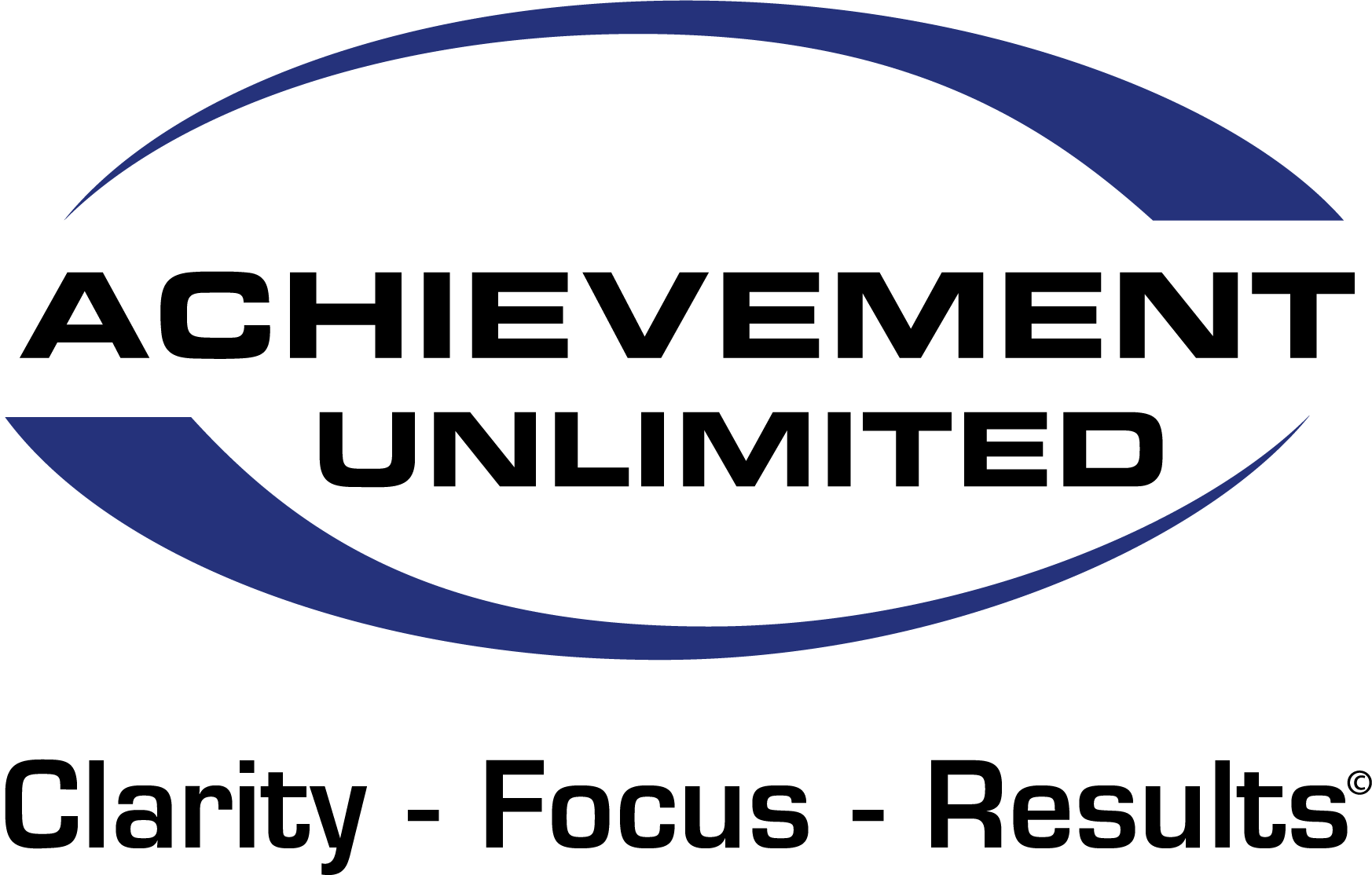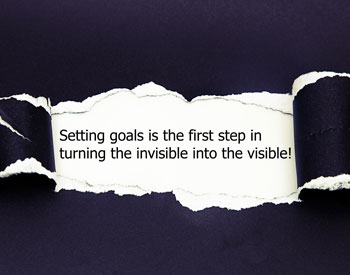How to Develop Personal Leadership Mastery

First, you need to define what “Best Year Ever” means to you; you have to know what you want in order to achieve it.
Step 1. Know what you really want in life and in business. Know what goals and outcomes you would like to achieve by the end of 2020 and know exactly what you don’t want. Create a list of personal goals and business goals for the next 12 months. Start with what you really want to accomplish for yourself by focusing on “what really matters most in your life” so that you can say yes to that list and no to everything that is going to try to derail you from you goals program. Create goals for personal health and well-being. Spend more time on your most important relationships. Stay connected with your kids as they grow up and/or pursue their college or post-college adventures? Pursue that special hobby or interest you have been putting off. Block more vacation time in your planner right now? This is the most important time you will spend if you want next year to be your best ever. Take time out of your busy schedule before January rolls in to recharge, relax, and re-energize with powerful and meaningful goals for next year. Get the pen to the paper right now and start mapping our your future.
Step 2. After you create your goals schedule an appointment with yourself every week to work on the action steps to move your goals forward. Our lives are built on the foundation of these six major areas: Family & Home, Financial & Career, Mental & Educational, Physical & Health, Social & Cultural, and Spiritual & Ethical. These areas are the foundation, the pillars that you will build a totally integrated life on. So make sure you are spending at least 1 hour a week in your plan of action. Your personal plan of action is the master plan for the rest of your life. Your planner should contain a master list of priority business and personal goals. Success in life is the result of progressive realization of your predetermined goals. The world is infested with distractions and noise designed to take us off our goals program and put us on someone else’s goals program which is why we have to continue to work in our personal plan of action weekly and continue to crystallize our thinking about what really matters most in our life.
Step 3. Develop a relentless focus on what really matters most, what is most important and significant in your personal and professional life by setting up ironclad boundaries so you are not interrupted with the tyranny of the urgent which usually isn’t really important. Focus on what you want and not on what you don’t want. Everything that isn’t important figure out a way to simplify, eliminate, delegate or outsource the activity. Then take massive action on your goals, make this a daily habit and you will be guaranteed to achieve your goals. Continue next week…………..





Recent Comments